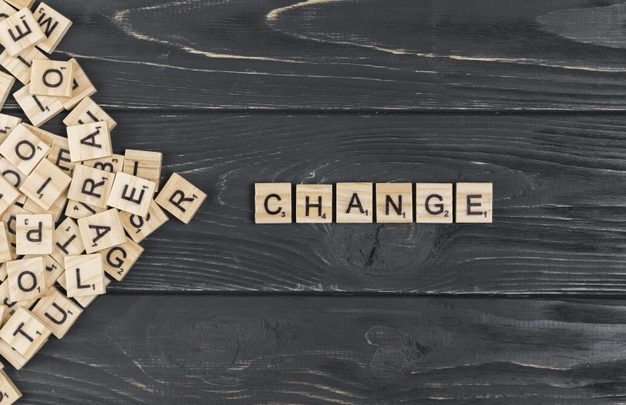Social transformation for training design
Why social transformation is important in training design?

One definition of social transformation is the process by which an individual alters the socially ascribed social status of their parents into a socially achieved status for themselves. However, another definition refers to large scale social change as in cultural reforms or transformations. Non Formal learning induces changes and advocates for transformation.
*[Content]
It has been suggested that the educational system highlights changes in society due to the fact that it is society which sets these norms and values which are reproduced in the educational institution. Society attempts to reproduce common values, norms and beliefs through the form of education.
Yet as we are aware in contemporary society, education has taken many different forms- from formal to non-formal it is the belief that in today’s changing society, regardless of ages, gender or ethnicity, regardless of social class there is a type of education which credits you with desirable skills for future employees.
In the analysis of the relationship between education and social change, the question is: how does education lead to social change? In association between education and modernisation, the main question is: what kind of education and under what conditions will it generate and strengthen the process of modernisation in a society? How much training can provide opportunities to social transformation in the specific area of Non-Formal Learning?
Dewey (2012) asserts that social change occurs when there are structural transformations of socio-economic, political, family, religious and educational institutions, hence leading to a more equitable and just society. In many countries as for example in South America, Non formal Learning was playing directly and clearly this role that Dewey is representing here. The nexus between non-formal education (NFE) and social change is one which has attracted attention and interest of scholars. Another line of argument of social change is the conscientization model by Paulo Freire (1985). Freire (1985) contended that humans are the centre of any developmental process and, therefore, human resource development should be central in this process. For instance, NFEs should eradicate poverty and disease, promote a high level of literacy and foster political action among citizens and communities.
Social change, so, is part of the basic values of Non Formal Education and has very powerful and important impact on community development.
Exercises / how to apply it in everyday work
In your training methodology, social transformation is:
Define how you understand social transforming your training design.
For each of those definitions, now define why it is like this (depending by context, your approach, your target group?
Does social transformation approach always possible in design training? Which are the challenges?
Reflection Questions
- How much is important in your profession to be aware about your approach?
- How do you design your training? Do you keep in mind which approach you’ll use?
- Do you think that it is always possible to have a participatory approach?




